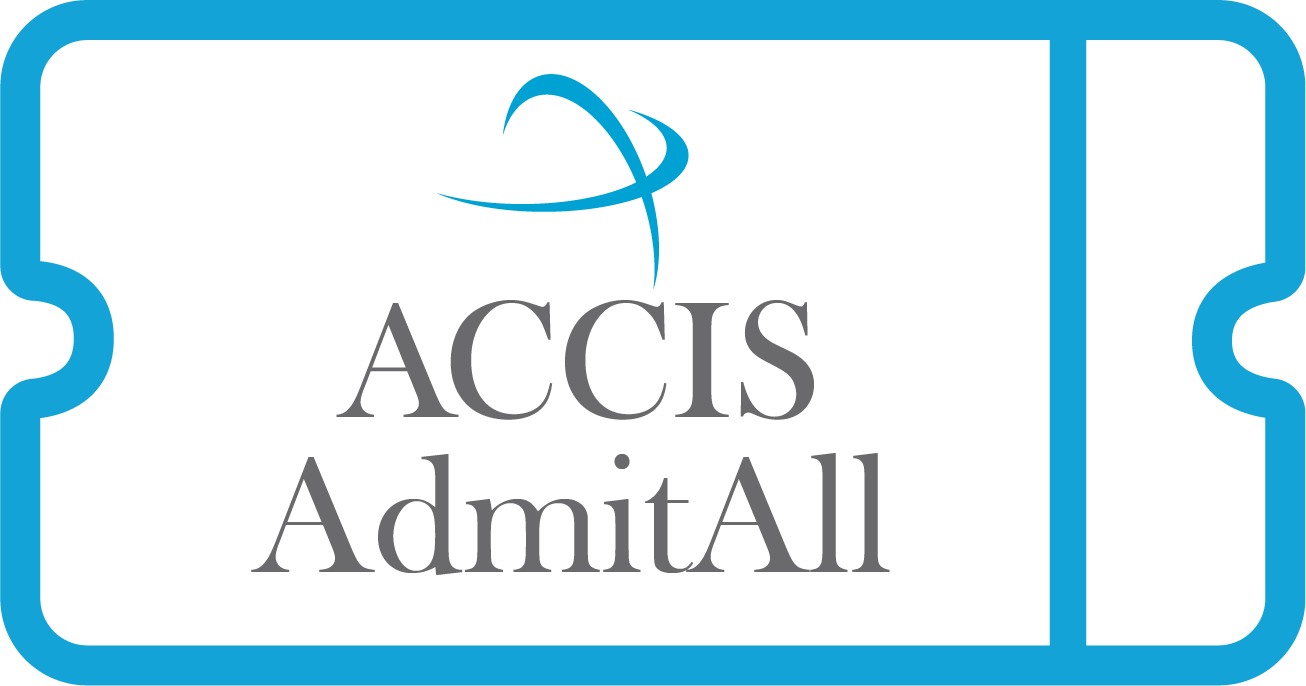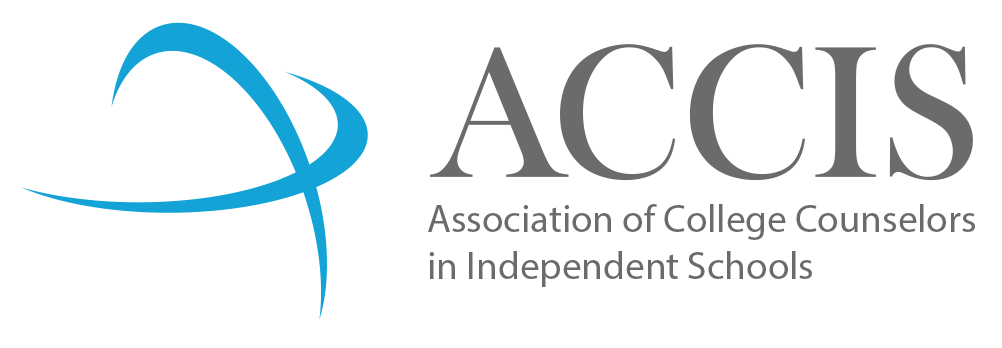Calling In, Not Calling Out: How College Counselors Can Navigate Conversations Around Equity

Calling In, Not Calling Out: How College Counselors Can Navigate Conversations Around Equity
Frank Cabrera
Associate Director of College Counseling
Horace Mann School
“Will the college process negatively affect me?”
“Pfft. I know why that (not so subtly referring to a student of color) person got in.”
“It’s unfair that someone else is taking my spot.”
-cis-white male from upper-class family
I am a queer Dominican, born to immigrant and working-class parents, so these kinds of statements, especially as they relate to college admissions, aren’t new to me. As an alum of a predominantly white college and a student who was admitted through New York State’s Higher Education Opportunity Program, I’m well aware of the impact and implication of these types of questions. At best, they can be misguided and genuinely innocent. At worst, they are direct assaults veiled in seemingly innocuous questioning. I’ve had more personal encounters than I care to recall where I had to defend my existence at the college as legitimate.
However, throughout the years, I learned how to cope with these kinds of questions, which was more important at the time than actually answering them — my self-preservation depended on my ability to be unfazed by the ludicrousness of having to justify my credentials to anyone, especially my contemporaries. This mentality served me well throughout my college years and beyond. Most importantly, it became the foundation for how I view my work as an educator.
For my students whose identities are often not seen or validated in their school communities, I need to be intentional in how my work as a college counselor affirms and uplifts them. For everyone else, I have accepted that my mere presence in my school community can be disruptive of a system that was not created for people like me — a system that largely reinforces upper-class white culture. But my presence alone isn’t enough to affect change. I task myself with the difficult job of addressing microaggressions when they come up during meetings. As much as I grapple with this truth, for many independent schools, the college counseling office holds a great deal of social cache. Students and families usually are very keen to listening to our advice because they view us as gatekeepers to their futures. If they are prone to listen, then I will take advantage of any opportunity for learning and growth, even when I know the costs of doing such work.
College counseling is emotionally laborious work. In the midst of seemingly never-ending essay revisions, student and family meetings, and the multitude of other directions we may be pulled in within our schools, it is easy to let problematic comments go unchecked. In fact, I would be a liar if I said that every questionable interaction that a student/parent has said, written, or implied led to me take action. As with any microaggressive behavior, we all have moments where we are stunned about what just transpired. “Did I hear that correctly? Did that person really just say that? Or, am I exaggerating the situation?” In addition to the onslaught of internal questions that may arise in those instances, I also understand that in those moments if I can’t respond in the most thoughtful way possible, I may alienate someone rather than drawing them in. A moment for learning and understanding could be met with resistance and resentment. Not every challenging moment is a win, and at times, I can feel rather defeated because of a missed learning opportunity. However, I have to remind myself as to why I choose to work as a college counselor at a competitive independent school — to be a disruptor by being a critically conscious counselor. It isn’t easy and I don’t always get it right, but it’s my purpose.
By nature of being in a community where the pinnacle of a student’s experience is their college outcome, I am hyper-aware that there will be moments where students and families will knowingly or unknowingly exert their privilege. Parents listing the names of people who can help boost their child’s chances at a particular college or a student who flaunts their role in a prestigious internship are par for the course in college counseling. However, these interactions become troublesome when students or families assume that their privileges will somehow disadvantage them in the college process. When those feelings begin to show themselves, how do I negotiate being student-centered, welcoming, and supportive while challenging students to think about phenomena greater than themselves? How do I effectively communicate that colleges are responding to a legacy of exclusionary practices to even the playing field? I have no disillusions that some students or families do not care about the answers to these questions because they view this process and our relationship as a transaction. However, even with transactional relationships, I refuse to give those students or families a pass. In many ways, those could be the ones for whom these types of conversations need to occur.
In my first year as a counselor, I remember giving students feedback on essays along the lines of, “know your reader. What do you think an admissions officer would think if they read this?” While this is certainly an important question and framework to consider, it doesn’t lend itself to critical thinking on the student’s end. Instead of interrogating why what was written or said could be problematic, students could quickly shift gears and never think twice about the error they committed — a missed learning opportunity. A distinct memory of mine was when I was working with a student who was writing an essay about the stark socioeconomic differences that exist within a few city blocks of his home. The student highlighted the differences by referencing how within two city blocks, the community goes from well-kept buildings and cute coffee shops to Taco Bells, bad pizzerias, and dirty bodegas. At the core, the drastic differences the student was trying to describe were valid; however, how the student wrote about them was riddled with economic and racial value judgments. The student had not considered their position as an affluent white person and how their values are being overlaid onto a predominantly working-class community of color.
I sat with this essay for a while, wrestling with the best ways I could address my concerns and open the door for dialogue. And at the same time, I mulled over the ramifications of bringing all of this to their attention. Would the student be defensive? Would they bring their parents into this conversation? Would I be defended by my school if the feedback was received negatively? I had to think through all of these possibilities and outcomes — a burden many people of color have to carry. Ultimately, I knew I could not let this student present these viewpoints. It wasn’t because I feared how the admissions committee would react; it was because I knew that my concerns were valid and, giving the student the benefit of the doubt, my views were ones that the student has never had to consider.
I decided to pose a series of questions to help the student think carefully about their comments. How did economic policies drive a wedge between two communities? Are you assuming a monolith of experiences for those who live just north of you? Can you make a fair judgment about members of a community based solely on your own values behind what it means to live in a “nice” neighborhood? Are you willing to engage with a community that’s foreign to you to accurately understand their troubles? I knew this student loved to think about economic policies, so I tried my best to pose questions that could unlock a part of their thinking that they may have never considered. I feared that if I took a different approach, one where I laid out why this student’s thinking was wrong, the student could easily shut down either because of fear, embarrassment, or resentment, if they feel like they were being lectured. Every ounce of me wanted to lecture the student, but I knew it would be to no avail. Instead, posing meaningful questions led the student towards a path of great nuance and understanding. We had a wonderful conversation about the essay the next day where the student admitted to their blind spots and expressed a desire to do further research. For many of our students, their attempts to comment on social phenomena are earnest, but at times misguided.
I don’t give up on the idea that as college counselors, we are guiding students not only through the college process, but also on a journey of self-reflection and self-actualization. Part of this process is helping students unravel their place in the world. Letting them know that their individuality is a direct result of biological, psychological, and environmental factors that have formed their sense of self. Students do not exist in a vacuum. They need to understand and be aware of how their worlds coexist with others and that inherently, what they do will impact those around them. If these are the students who will likely become the most influential actors in our society, then part of their preparation is embedding them with a sense of empathy and social responsibility. For some, the result of the college process may be the end result. But if as counselors we can plant seeds of critical consciousness within our students, then my hope is that when it matters most, these seeds begin to sprout.
As we continue to challenge our students to think more critically, it is also important that as college counselors, we also continue to do that work for ourselves. We must be open to challenge our biases and seek to complicate our understanding of others. We need to task ourselves with understanding the realities of the worlds our students exist in so that we can be the best supporters of their aspirations. In light of COVID-19, perhaps more than ever, we need to lean into the fact that life has been upended for our students. The comforts and privileges our schools provide can no longer protect the realities of home life for some of our students. Our privileges and inequalities are exposed, as some of our students can exist within the comforts of their homes while others are faced with the realities of limited internet, unsafe homes, additional family responsibilities, etc. Some of our students will see COVID-19 as a disruption, but an overall inconvenience, while others may be living through their worst nightmares.
As we continue to do our work remotely, I encourage us all to be aware of the multiple realities our students face. Allow space for vulnerability, letting students know that it’s okay not to be okay. Continue to be an empathetic outlet. And always remind students, and especially parents, that we are all living through a global pandemic that affects people disproportionally. You could feel inconvenienced about how COVID-19 is impacting the college process, but you cannot let that overshadow the real suffering that our world is facing.
